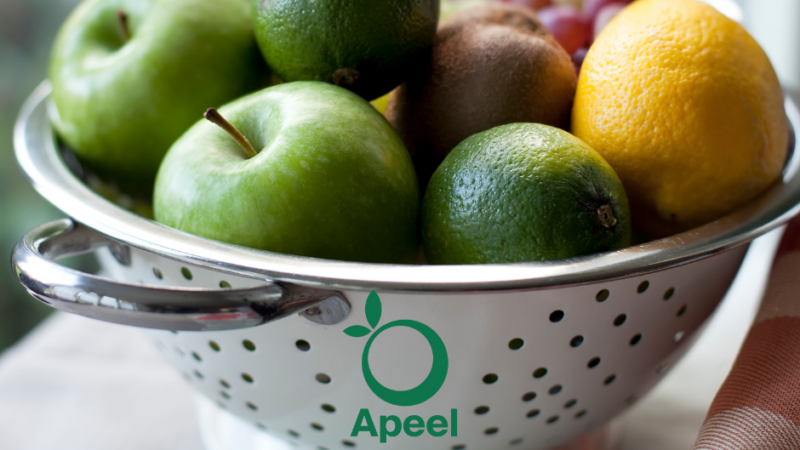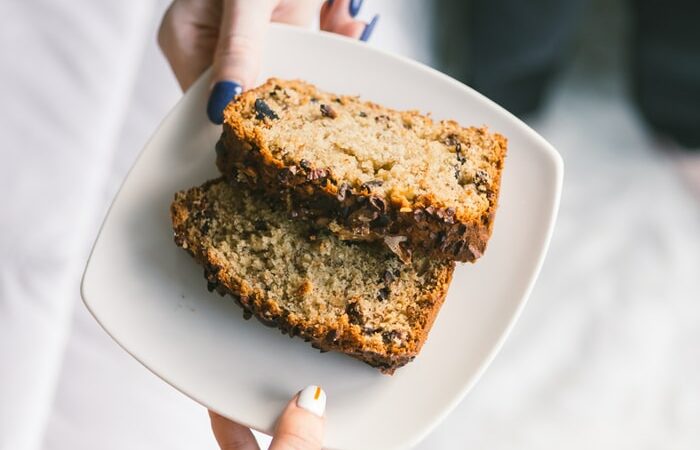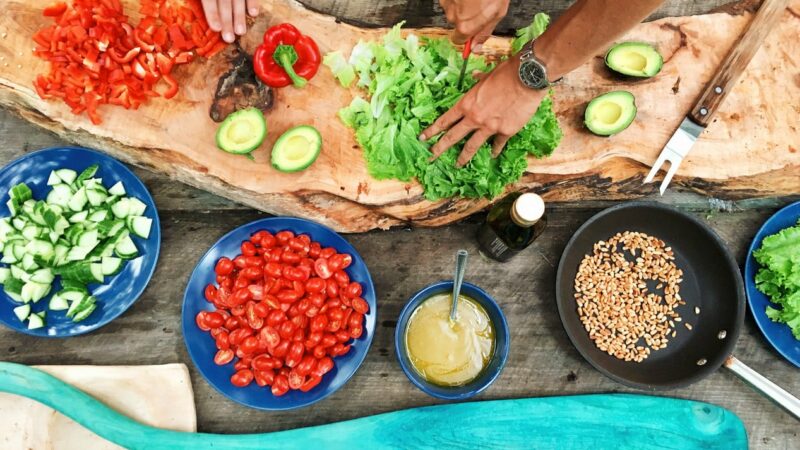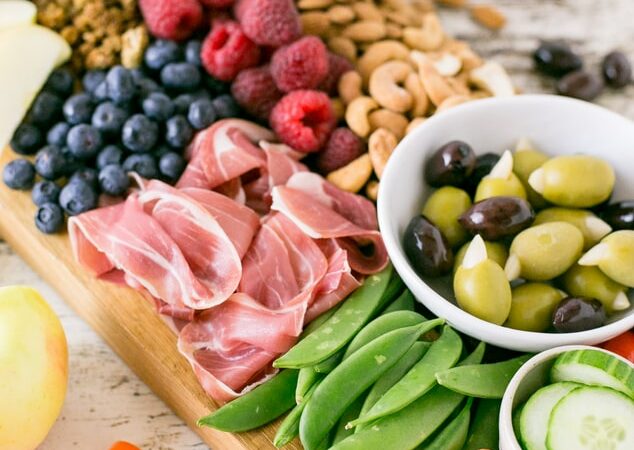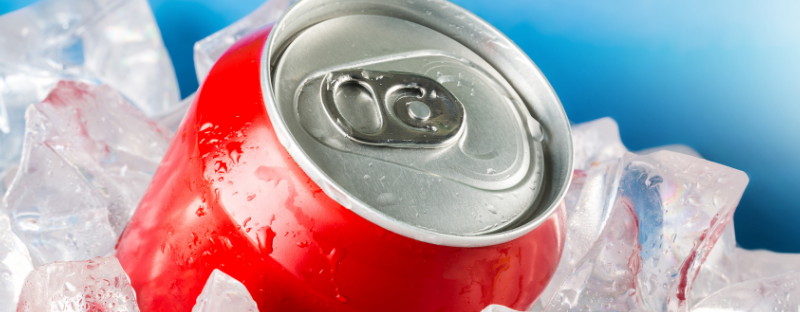CARRAGEENAN: a controversial ‘natural’ food additive making us sick

For the past four decades, scientists have warned that the use of carrageenan in food is not safe. Health Freedom Idaho believes that the freedom to choose healthful and uncontaminated food should be a human right. Consumers should have the freedom to select whole real food free of GMOs and pesticides, and to be made aware when additives, antibiotics or other contaminants are part of their food. We appreciate organizations such as The Cornucopia Institute for the persistence and diligence in bringing this issue to light. The voice of the people was heard and carrageenan has now been removed from the natural additives list of organic foods.
CARRAGEENAN: A CONTROVERSIAL “NATURAL” FOOD ADDITIVE extracted from red seaweed.
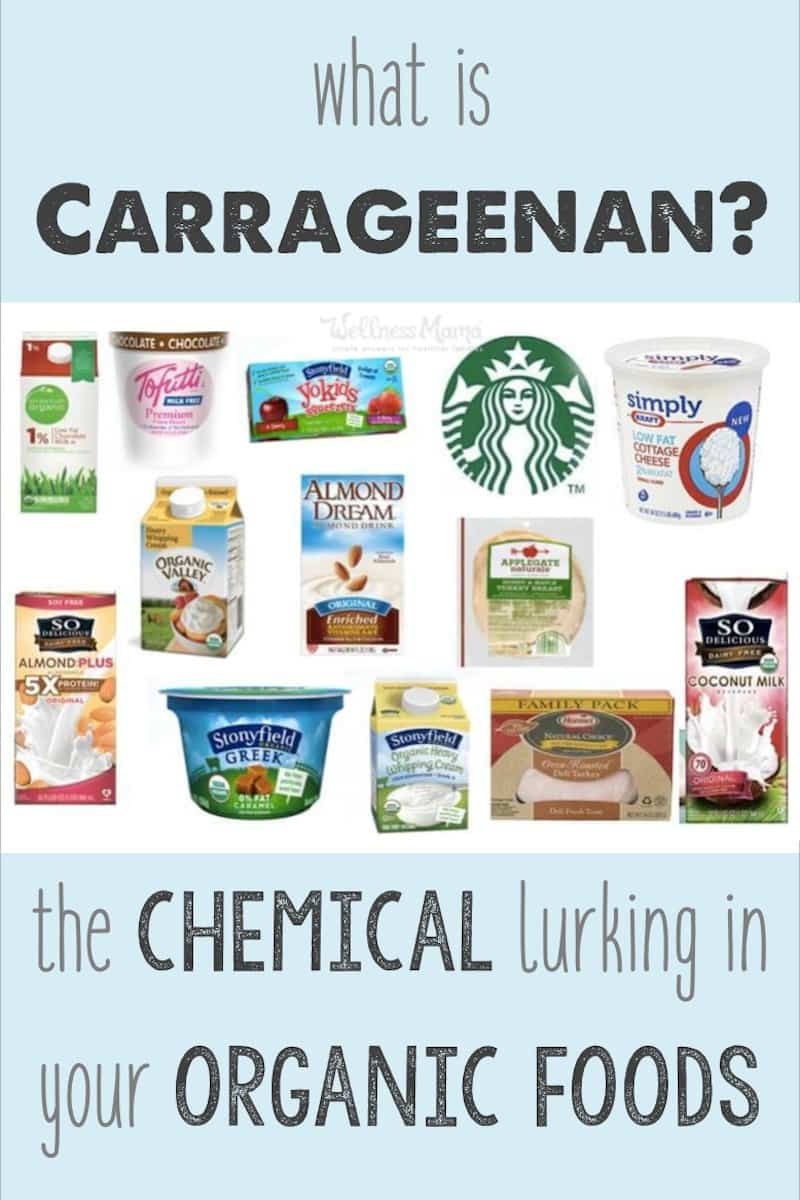
For the past four decades, scientists have warned that the use of carrageenan in food is not safe. Animal studies and in-vitro studies with human cells have repeatedly shown that food-grade carrageenan* causes gastrointestinal inflammation and higher rates of intestinal lesions, ulcerations, and even malignant tumors. In fact, roughly 3,855 research papers show that carrageenan induces inflammation, most of which test the effectiveness of anti-inflammatory drugs.1
The chemical structure of carrageenan—unique chemical bonds not found in other seaweeds or gums—affects the body in several ways. Most notably, it triggers an immune reaction, which leads to inflammation in the gastrointestinal system. Animal studies have repeatedly shown that food-grade carrageenan causes gastrointestinal inflammation and higher rates of intestinal lesions, ulcerations, and even malignant tumors. A convincing body of scientific literature shows negative effects caused by food-grade carrageenan. Moreover, scientists are concerned that the acidic environment of the stomach may actually “degrade” food-grade carrageenan once it enters the digestive system, thus exposing the intestines to this potent and widely recognized carcinogen. These scientific findings, coupled with the food industry’s extensive use of carrageenan, raise serious questions for consumers.
Why is carrageenan in processed foods and beverages?
Though carrageenan adds no nutritional value or flavor to foods or beverages, the food industry uses it in a wide variety of applications; its unique chemical structure makes it useful for several reasons. Carrageenan serves as a substitute for fat, and as a thickener of nonfat or low-fat foods or dairy replacements. It recreates a fatty “mouthfeel” in products such as low-fat or nonfat dairy (e.g., low-fat cottage cheese, low-fat sour cream) and plant-based dairy substitutes (e.g., soy milk, coconut milk). Carrageenan can also serve as a stabilizer for beverages that separate, and must be stirred or shaken before use to redistribute the particles. Addition of carrageenan allows beverages like chocolate milk and nutritional shakes to be consumed without first shaking or stirring.
Which foods commonly contain carrageenan?
DAIRY: whipping cream, chocolate milk, ice cream, sour cream, cottage cheese, “squeezable yogurt” marketed to children
DAIRY ALTERNATIVES: soy milk, almond milk, hemp milk, coconut milk, soy desserts, soy pudding MEATS: sliced turkey, prepared chicken
NUTRITIONAL DRINKS: examples include Ensure™, SlimFast™, Carnation Breakfast Essentials™ and Orgain™
PREPARED FOODS: canned soup, broth, microwaveable dinners, frozen pizza SUPPLEMENTS: chewable vitamins
Many individuals experiencing gastrointestinal symptoms (ranging from mild “belly bloat,” to irritable bowel syndrome, to severe inflammatory bowel disease) have noticed that eliminating carrageenan from the diet leads to profound improvements in their gastrointestinal health.
Carrageenan is also used in meats, especially processed deli meats and prepared chicken. It is sometimes injected as a brine in precooked poultry to improve tenderness and maintain juiciness. It is added to low-sodium or low-fat deli meat (e.g. sliced turkey) as a binder. It is found in many processed foods, even some certified organic frozen pizzas and nutritional bars. And, many varieties of canned pet food contain carrageenan.
Starting in the late 1960s, research showed that the type of carrageenan used in food caused gastrointestinal disease in laboratory animals, including an ulcerative colitis–like disease, intestinal lesions, and colon cancer.
“The rising incidence and prevalence of ulcerative colitis across the globe is correlated with the increased consumption of processed foods, including products containing carrageenan. Since carrageenan has been found to cause colitis in animal models of ulcerative colitis we felt it would be important to perform a well-controlled dietary study to determine whether carrageenan causes exacerbations (flare ups) of ulcerative colitis in patients in clinical remission.” —Dr. Stephen Hanauer, MD, Chief, Section of Gastroenterology, Hepatology and Nutrition, and Joseph B. Kirsner, Professor of Medicine and Clinical Pharmacology, University of Chicago School of Medicine
Carrageenan exposure clearly causes inflammation; the amount of carrageenan in food products is sufficient to cause inflammation; and degraded carrageenan and food-grade carrageenan are both harmful.” —Dr. Joanne Tobacman, MD, Associate Professor of Clinical Medicine, University of Illinois at Chicago “[Dr. Tobacman] explained that all forms of carrageenan are capable of causing inflammation.
This is bad news. We know that chronic inflammation is a root cause of many serious diseases including heart disease, Alzheimer’s and Parkinson’s diseases, and cancer. All told, I recommend avoiding regular consumption of foods containing carrageenan.” — Dr. Andrew Weil The unique chemical structure of carrageenan triggers an innate immune response in the body, which leads to inflammation, a precursor to more serious diseases.
In 1981, two prominent researchers conducted a literature review of the science published since the late 1960s, and raised concerns about the widespread use of carrageenan in the diet. The researchers wrote in the journal Cancer Detection and Prevention: “[U]ndegraded carrageenan is still widely used throughout the world as a food additive. Its harmful effects in animals are almost certainly associated with its degradation during passage through the gastrointestinal tract. There is a need for extreme caution in the use of carrageenan or carrageenan-like products as food additives in our diet.” 4 In the two decades between 1981 and 2001, more published research studies showed harmful effects of consuming foodgrade carrageenan.
In 2001, the official journal of the National Institute of Environmental Health Sciences, which is part of the National Institutes of Health, published a review of the scientific literature. Its author, Dr. Joanne Tobacman, concluded: “The widespread use of carrageenan in the Western diet should be reconsidered” due to evidence that “exposure to undegraded as well as to degraded carrageenan was associated with the occurrence of intestinal ulcerations and neoplasms.” 6 Meanwhile, carrageenan manufacturers and the food industry commissioned scientists to perform similar studies.7
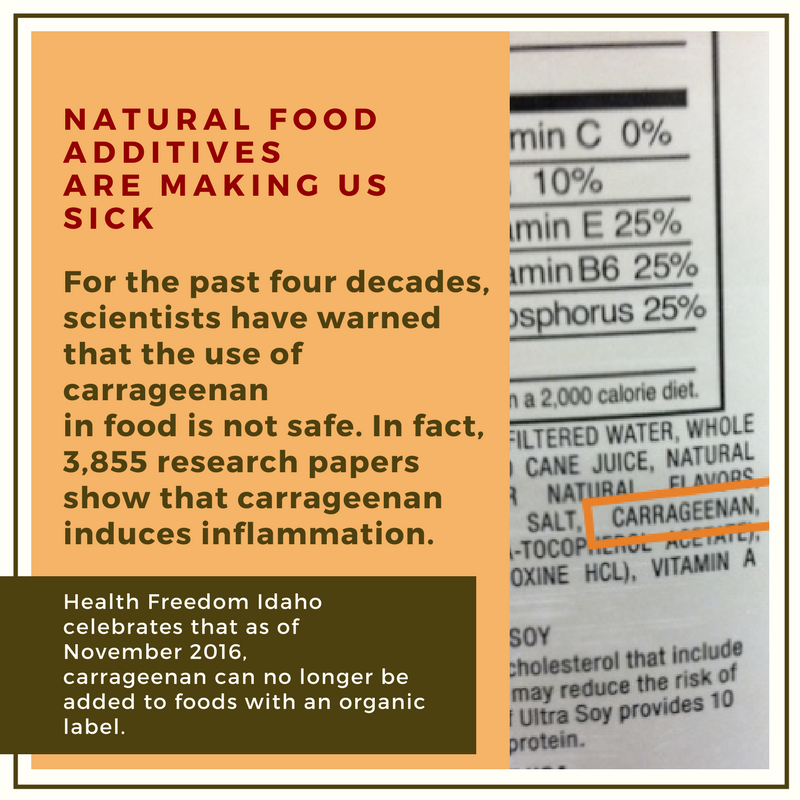
When the public become aware of the potential health hazards of carrageenan preassure was put on the manufacturers.
Cornucopia, along with several farmer and consumer groups testified at the April 2016 NOSB meeting that carrageenan does not meet the criteria defined in the Organic Foods Production Act, including essentiality and harm to human health. Dr. Joanne Tobacman, a physician, scientist at the University of Illinois College of Medicine and the nation’s foremost independent expert on carrageenan, presented her research and urged the NOSB to remove carrageenan from organic foods as well.
The carrageenan trade lobby group, United 4 Food Science, fought back hard, and found allies in companies that make organic products containing carrageenan such as organic liquid infant formula (Similac) and vegan products (Follow Your Heart). Many companies that had fought to continue using carrageenan, including Group Danone (Stonyfield), CROPP (Organic Valley), WhiteWave (Horizon and Silk), Hain Celestial (Earth’s Best, Rice Dream and Westsoy) and Smucker’s (Santa Cruz Organics and R.W. Knudsen), have since removed it from some or all of their products in response to consumer demand.
After six years of Cornucopia’s research, advocacy, and petitioning, the National Organic Standards Board (NOSB) voted in November 2016 to remove carrageenan, a potent inflammatory agent and possible carcinogen, from the National List for use in organics.
Carrageenan Voted Out of Organic Food BUT its still in conventionally labeled foods!
It will be some time before all organic products are carrageenan free. Until then consult Cornucopia’s buying guide.
- Read The Cornucopia Institute’s updated full report on the dangers of carrageenan.

